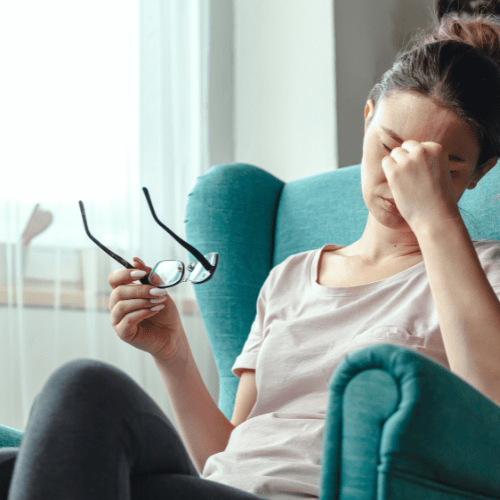Managing Chronic Fatigue Syndrome (CFS) and Long Covid can be challenging, but there are strategies that can help you manage your symptoms and improve your quality of life. Here are some top tips for self-management:
1. Pace Yourself
One of the most important strategies for managing CFS and Long Covid is pacing. Avoid pushing yourself too hard on days when you feel better, as this can lead to post-exertional malaise (PEM). Break tasks into smaller steps and rest frequently to conserve energy.
The three key aspects of pacing are:
Stop – before reaching a point of overexertion as this will interfere with recovery;
Rest – often and before symptoms appear;
Pace – plan to space out daily physical and cognitive activities to avoid triggering symptoms. Other triggers that can lead to ‘crashes’ include large meals, refined sugar, caffeine, alcohol, extremes of temperature change and psychological stress. Aim to use only 30% of your energy each day and always keep some in reserve with each activity so you look after your body’s 'energy batteries'.
2. Prioritise Restful Sleep
Good sleep hygiene is crucial. Establish a regular sleep schedule, create a restful environment, and avoid stimulants like caffeine especially after midday. A single night of partial sleep deprivation can reduce natural killer cell activity to 72% of its normal level. (Irwin et al, 1994). The pro-inflammatory effects of sleep deprivation are also well known. Reducing a usual eight hours of sleep by 25% and 50% will increase inflammatory cytokines in even healthy, asymptomatic individuals and the effects are probably greater in individuals with a propensity to inflammation (Mullington et al, 2010). Techniques such as relaxation exercises, meditation, and deep breathing can help improve sleep quality. For more information, see our articles on sleep here.
3. Maintain a Balanced Diet
A nutritious, balanced diet can support overall health and energy levels. Avoiding so called 'energy drinks', sugar highs and crashes is important, as these put extra stress your system. Focus on whole foods, including fruits, vegetables, lean proteins such as eggs, pea protein, and whole grains. Stay hydrated and consider consulting an experienced Reg Naturopath/Nutritionist such as Kimberly Taylor at City Osteopaths Healthcare for personalised advice.
4. Stay Active, but Within Limits
Gentle physical activity can be beneficial, but it’s essential to avoid overexertion. Low-impact exercises such as stretching, yoga, low intensity isometric (static) holds or short walks can help maintain muscle tone and circulation without triggering PEM. Always listen to your body and adjust activity levels as needed. Some days you are going to be more tired than others and it's important not to let your brain push your body around. Our Osteopaths are skilled at balancing your structure so it's well tuned and more energy efficient, then guiding you to get back to exercise and achieve your goals with a manageable plan.
5. Manage Stress
Chronic illness can be stressful, and managing stress is important for overall well-being. In order to recover your health, it’s important to feel a consistent level of safety during your day - this may be through techniques such as mindfulness, meditation, gentle yoga and visualisation. Figuring out what works for you to feel relaxed and safe is more important than ticking the box of a suggested activity. Excess stress is an important contributor to dysregulation of the autonomic nervous system and low vagal tone. Strategies that improve vagal tone, such as massage therapy, osteopathic treatment and homeopathy, can reduce the inflammation and dysregulation that drive an altered autonomic nervous system (Puhlmann et al, 2019; Balint et al, 2021; Brusaferri et al, 2022).
Consider seeking support from a psychotherapist such as Suryagita Cox at City Osteopaths Healthcare, experienced in chronic illness, to guide you in developing strategies for stress management.
6. Breathe Well
One study found that dysfunctional breathing was present in 88% of long COVID patients with unexplained dyspnoea (Mancini et al, 2021). Correction of dysfunctional breathing might help to reduce symptoms and psychological distress, improve exercise intolerance and support recovery (Koniukhovskaia et al, 2021; Mancini et al, 2021; Motiejunaite et al, 2021). At City Osteopaths Healthcare we have Reg Osteopaths who have expertise in dysfunctional breathing and can help you improve your breathing.
6. Monitor Symptoms and Adjust Accordingly
Keeping a symptom diary can help identify patterns and triggers that worsen your symptoms. Note down your activities, foods, and stress levels to understand what inputs impact how you are feeling. This information can be useful in helping you understand how to begin getting some control over your health and energy management.
7. Seek Support
Don’t hesitate to reach out for support from friends, family, or support groups. Connecting with others who understand your experience can provide emotional support and practical tips. Online communities can also be valuable resources.
8. Consider Complementary Therapies
Complementary therapies, such as Acupuncture, Massage, Homeopathy, Hyperbaric Oxygen or Osteopathic Medicine, can be very helpful.
Hyperbaric oxygen works to reactivate mitochondria which are the powerhouses of each cell, to restore your energy which really aids your recovery.
Our Reg Osteopaths working with patients who have long COVID or Chronic Fatigue Syndrome, use an individualised approach that includes skilled hands-on treatment to calm the autonomic nervous system so you can fully rest and start to recover more quickly. There is evidence to suggest that the addition of hands-on therapy in the form of myofascial release of the rib cage and neck resulted in an improved heart rate and subjective sense of ease of breathing after a single treatment (Fereydounnia et al, 2022).
9. Be patient and accept what is going on for you at this time.
By being calm and consistent in your recovery process, avoiding any ‘boom and bust’, you will recover more quickly. Implementing these strategies, you can better manage your symptoms and support your journey towards recovery. Remember, each person's experience with CFS and Long Covid is unique, so it's important to find what works best for you. We are here to help and if you have any questions, please call our front desk team, message us on social or email us. Our team look forward to helping you.
References:
Balint, E.M., Grüner, B., Haase, S., Kaw-Geppert, M., Thayer, J.F., Gündel, H., Jarczok, M.N. (2021) A randomised clinical trial to stimulate the cholinergic anti-inflammatory pathway in patients with moderate COVID-19-pneumonia using a slow-paced breathing technique. medRxiv DOI: 10.1101/2021.12.03.21266946
Brusaferri, L., Alshelh, Z., Martins, D., Kim, M., Weerasekera, A., Housman, H., Morrissey, E.J., et al. (2022) The pandemic brain: neuroinflammation in non-infected individuals during the COVID-19 pandemic. Brain, Behavior, and Immunity 102, 89–97. DOI: 10.1016/j.bbi.2022.02.018
Courtney, R., Treating Long Covid Patients, the Potential Role of Osteopaths. Osteopathy Australia 2022.
Fereydounnia, S., Shadmehr, A., Tahmasbi, A. (2022) Efficacy of myofascial release therapy on the cardiorespiratory functions in patients with COVID-19. Journal of Modern Rehabilitation 16(1), 77–84. DOI: 10.18502/jmr.v16i1.8569
Irwin, M., Mascovich, A., Gillin, J.C., Willoughby, R., Pike, J., Smith, T.L. (1994) Partial sleep deprivation reduced natural killer cell activity in humans. Psychosomatic Medicine 56(6), 493–498. DOI: 10.1097/00006842-199411000-00004
Koniukhovskaia, J., Pervichko, E., Mitina, O., Stepanova, O., Dorokhov, E. (2021) The interaction between personality traits and dysfunctional breathing during the COVID-19 pandemic in Russians. European Psychiatry 64(S1), S306–S307. DOI: 10.1192/j. eurpsy.2021.824
Mancini, D.M., Brunjes, D.L., Lala, A., Trivieri, M.G., Contreras, J.P., Natelson, B.H. (2021) Use of cardiopulmonary stress testing for patients with unexplained dyspnea post–coronavirus disease. JACC Heart Failure 9(12), 927–937. DOI: 10.1016/j. Jchf.2021.10.002
Motiejunaite, J., Balagny, P., Arnoult, F., Mangin, L., Bancal, C., d’Ortho, M-P., Frija-Masson, J. (2021) Hyperventilation: a possible explanation for long lasting exercise intolerance in mild COVID-19 survivors? Frontiers in Physiology 11, 614590. DOI: 10.3389/fphys.2020.614590
Mullington, J.M., Simpson, N.S., Meier-Ewert, H.K., Haack, M. (2010) Sleep loss and inflammation. Best Practice & Research Clinical Endocrinology & Metabolism 24(5), 775–784. DOI: 10.1016/j. beem.2010.08.014
Puhlmann, L.M.C., Engert, V., Apostolakou, F., Papassotiriou, I., Chrousos, G. P., Vrticka, P., Singer, T. (2019) Only vulnerable adults show change in chronic low-grade inflammation after contemplative mental training: evidence from a randomised clinical trial. Scientific Reports 9(1), 19323. DOI: 10.1038/ s41598-019-55250-3
To find out more about the author Dr Melanie Young, Click here



